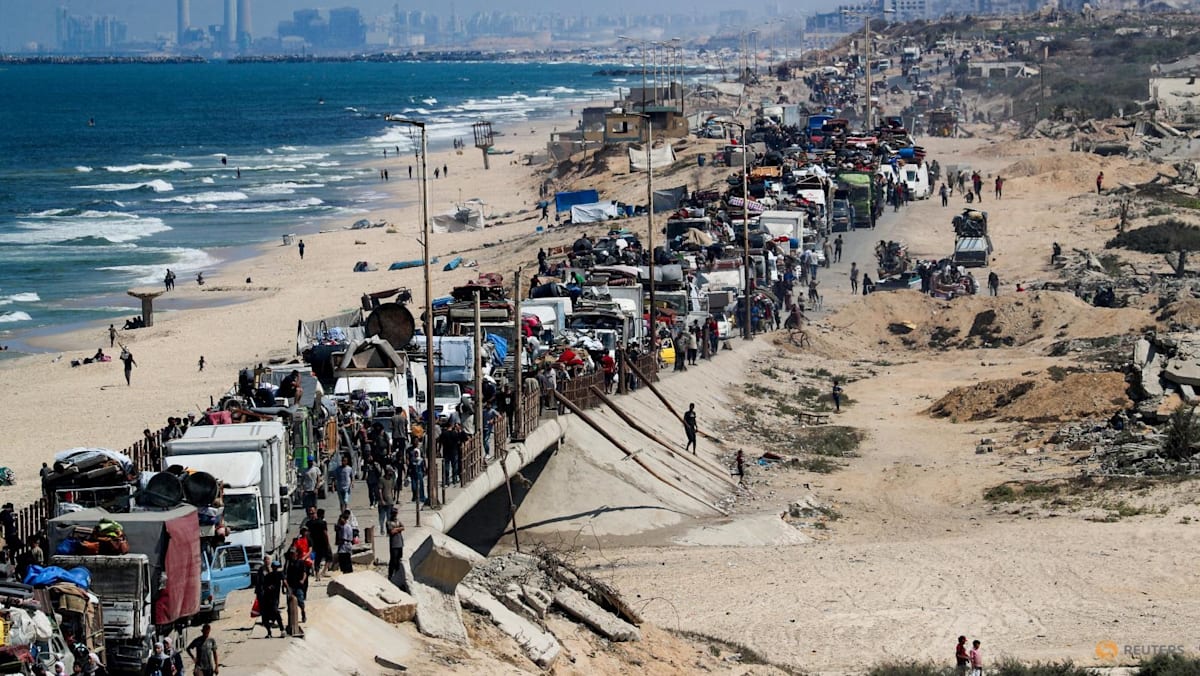HAMAS OR NO HAMAS?
Let’s be clear. It was Hamas that triggered the latest round of violence in Gaza which inflicted a deep wound in the Israeli national psyche, and which many Israeli leaders use to justify their heavy-handed response. Yet despite the global consensus that Hamas must have no part in the future of Palestine, there is little indication that they are prepared to disarm and disengage.
Polls conducted in May this year by the Palestinian Center for Policy and Survey Research show most Gazans oppose the disarming of Hamas. This might have something to do with their belief that Israel will not end the war even if Hamas disarms. Read together, this spells trouble for prospects of a political landscape sans Hamas.
And lest we forget, Hamas and its allies still hold almost 50 hostages, including 20 believed to still be alive. Full recognition must surely involve their release, but this will require Hamas to surrender the only real leverage it currently possesses.
At the same time, the Israeli objective of eliminating Hamas permanently by military means will simply not succeed. Even if Hamas is wiped out today, the actions of the Israel Defense Forces in Gaza have all but ensured the ideology that created the militant organisation will endure.
For these reasons then, the issue of recognition is in fact much more complex than merely an issue of recognition.
All this raises a troubling question: Is there then an alternative path to peace, pragmatism and partnership in the Middle East that can break this cycle of conflict?
It is indeed difficult at present to see any light at the end of this long, arduous tunnel. Nevertheless, the discussion could perhaps start with the matter of mutual recognition.
At present, several Arab and Muslim majority countries do not recognise Israel, even if some have discreetly pursued economic relations with them. If a two-state solution remains elusive, would “mutual recognition” of some sort – without Hamas – be something concerned parties are prepared to place on the table?
All this is not to deny the hope – and rights – of Palestinians for their own state and homeland. But hope is not a strategy.
Without clarity on who leads Palestine on a path to a viable and functional state and a stable economic and political future, the inconvenient truth is that hasty recognition today risks creating even bigger problems tomorrow. Indeed, it is for this very reason that the New York Declaration tried to outline a pathway forward. But it also means we are not there yet.
Joseph Chinyong Liow is Chairman of the Middle East Institute, National University of Singapore.
